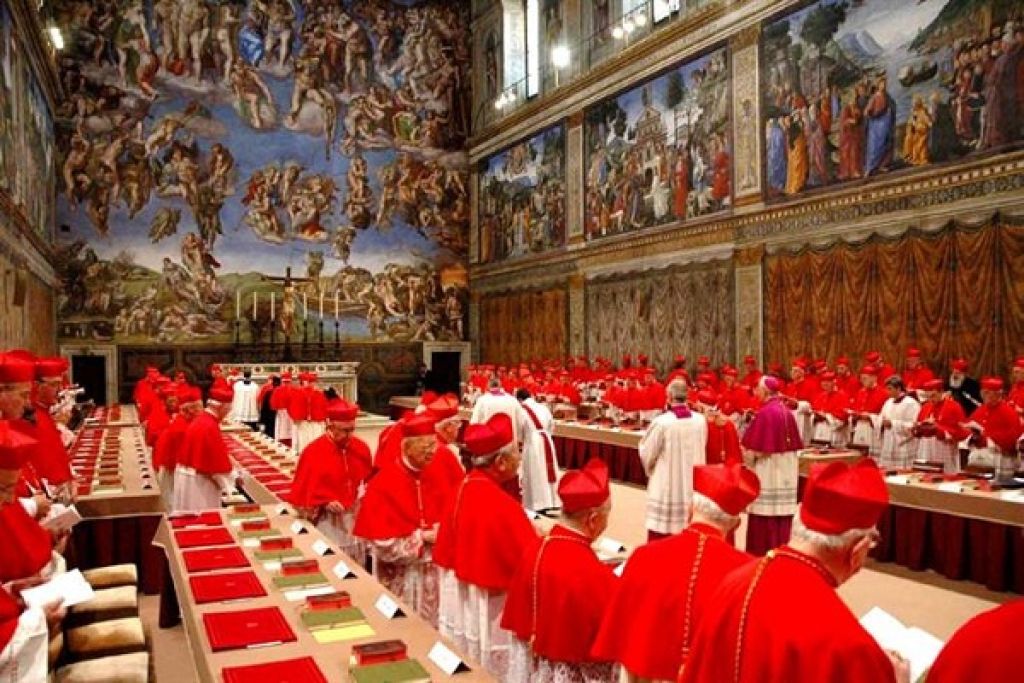[ad_1]
(Reuters) – U.S. renewable fuel mandates are contributing to global warming, boosting carbon emissions as farmers turn carbon-rich areas like wetlands and forests into cropland to grow corn, soy and wheat for biofuels production, a study presented on Wednesday said.
Three scientists from the University of Wisconsin presented their findings in Fort Worth, Texas, at a conference hosted by the National Wildlife Federation, an environmental group that opposes U.S. biofuels mandates in their current form.
The scientists said it could take 50 years for biofuels to reduce carbon emissions as they were designed to do, since any reduction stemming from blending them into petroleum products is offset by more carbon emissions from clearing new farmland.
Lead author Seth Spawn said the study showed the mandate had “far-reaching impacts on the climate through its effects on the land and the carbon that is stores,” according to a National Wildlife Federation press release.
A biofuels trade group quickly questioned the research methods used in the study, further fueling the heated debate over U.S. biofuels policy, which requires refiners to add renewable fuels like ethanol to their products.
Elected U.S. officials from farm country, including Senators Chuck Grassley and Joni Ernst of Iowa, want the Environmental Protection Agency to set annual mandates for fuel producers that maintain or raise the levels of biofuels they must blend into fuel. Officials from oil-rich states, including U.S. Senator Ted Cruz of Texas, want EPA to change biofuels laws to reduce the burden on fuel producers.
Geoff Cooper, executive vice president of the biofuels trade group the Renewable Fuel Association, said past studies similar to the one released on Wednesday “have been thoroughly debunked and disputed.”
“The authors continue to abuse and misrepresent unreliable satellite data, and they continue to present highly uncertain modeling results as if they were the gospel truth,” Cooper said.
Ernst was among a bipartisan group of Midwestern senators who briefly put a hold on an EPA nominee’s confirmation proceedings until U.S. President Donald Trump agreed to maintain current biofuels policy. Cruz now has a hold on a U.S. Department of Agriculture nominee and is seeking a meeting between the two sides, according to a letter he sent to Iowa Governor Kim Reynolds on Tuesday.
On Nov. 2, 64 members of the U.S. House of Representatives wrote to the EPA urging “well-rounded” biofuel policies.
Reporting By Emily Flitter; Editing by David Gregorio
[ad_2]
Source link






Leave a Reply